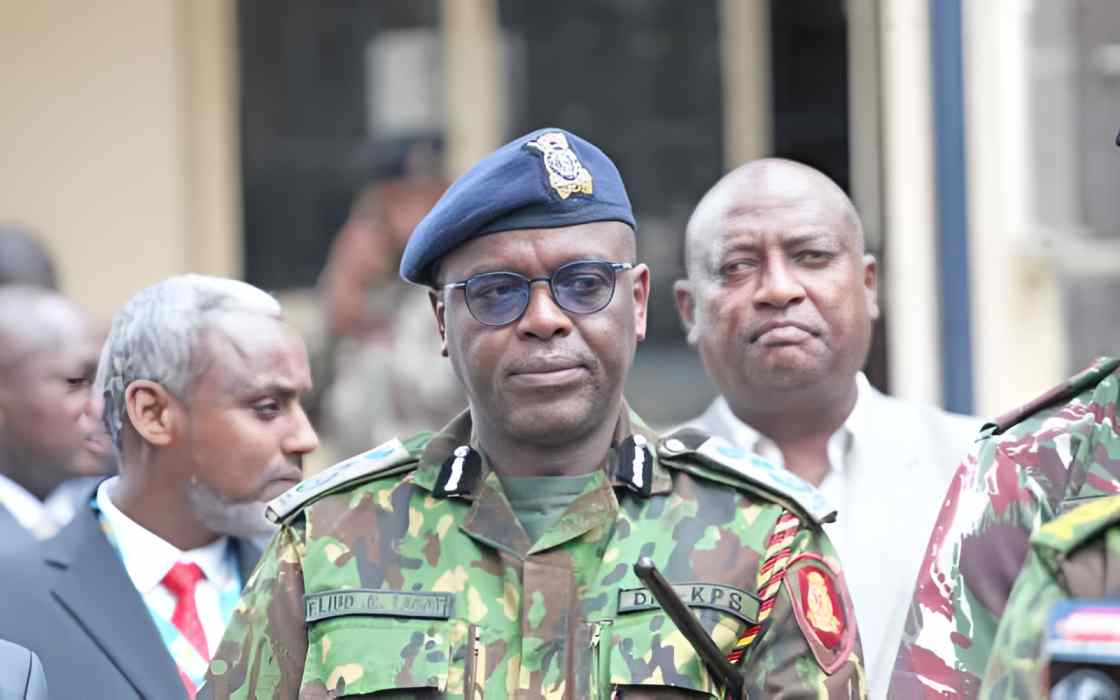Deputy Inspector General of Police Eliud Lagat has told the court that any decision to charge him over the death of blogger Albert Omondi Ojwang can only be made by the Director of Public Prosecutions, not the courts.
In submissions filed through his lawyer Cecil Miller, Lagat argued that compelling the DPP to take him to court would be an unlawful takeover of powers given by the Constitution and would set a dangerous precedent for prosecutorial independence.
“The petitioners’ prayer to have this court compel the DPP to prosecute the 11th Respondent is an improper attempt to take over the functions of independent institutions.
This court cannot declare someone guilty without a trial nor direct the DPP to prosecute absent evidence of constitutional failure,” the submissions read in part.
Lagat, who denies any involvement in the arrest, torture, and killing of Ojwang, told the court that both the Independent Policing Oversight Authority and the DPP investigated the matter and found no evidence linking him to the incident.
He stated that IPOA conducted thorough investigations, and upon review of the case file, the DPP only charged other individuals deemed culpable.
The DIG said he voluntarily stepped aside from his role to allow the investigations to proceed without interference and maintained that his continued service did not violate any constitutional provisions.
“The blanket allegation that I am a prime suspect is defamatory and unsupported by any investigative finding. The law does not impute liability simply because of rank or office, absent proof of personal involvement,” Lagat submitted.
Court documents further stated: "It is important to note that the 11th Respondent was not present at the scene, did not issue any unlawful instructions, and his role as DIG was purely administrative and command-based. He did not engage in operational conduct relevant to the incident."
Lagat insisted that the petitioners’ claim that his position makes him responsible for Ojwang’s arrest, torture, and death is not supported by direct, circumstantial, or inferential evidence.

